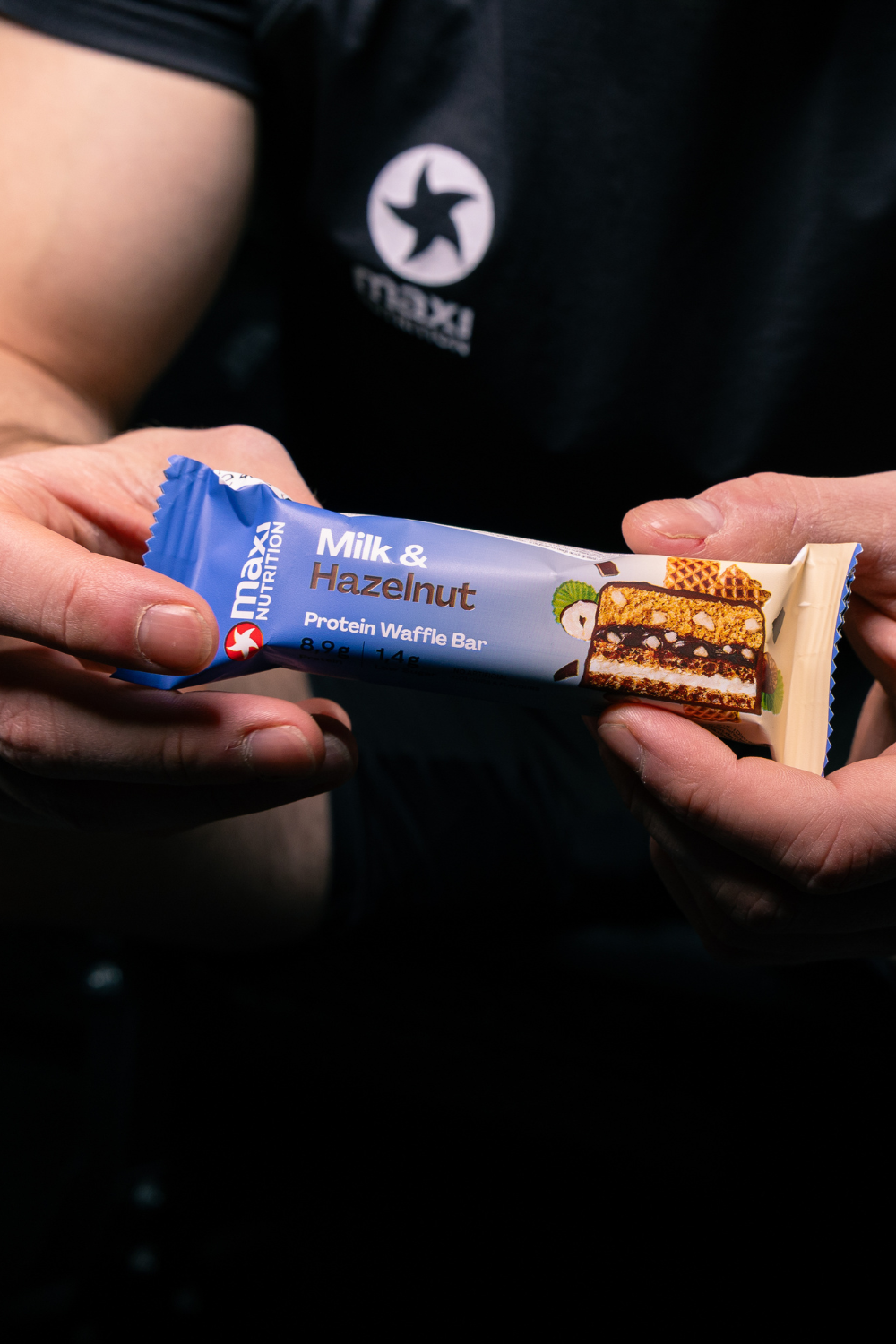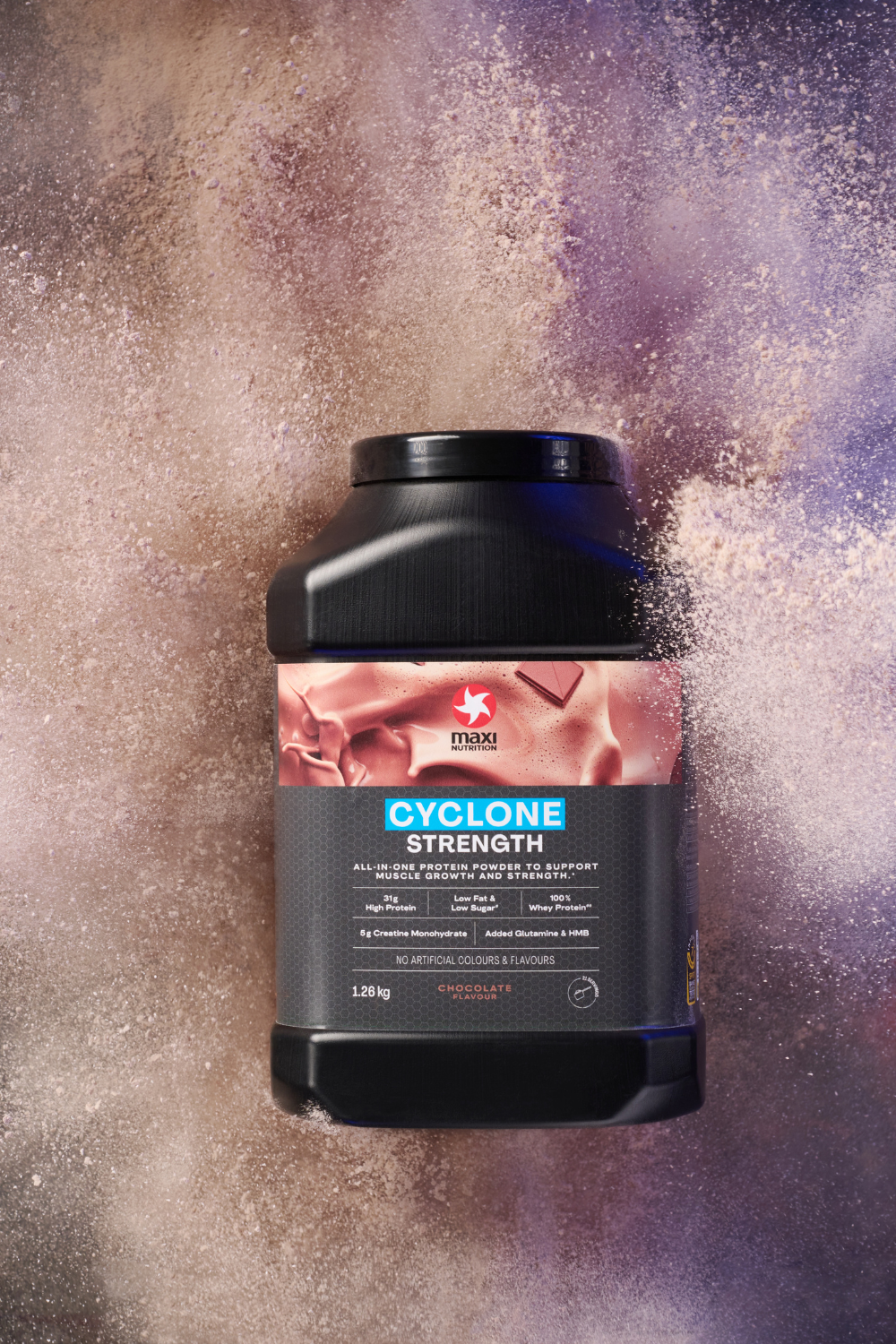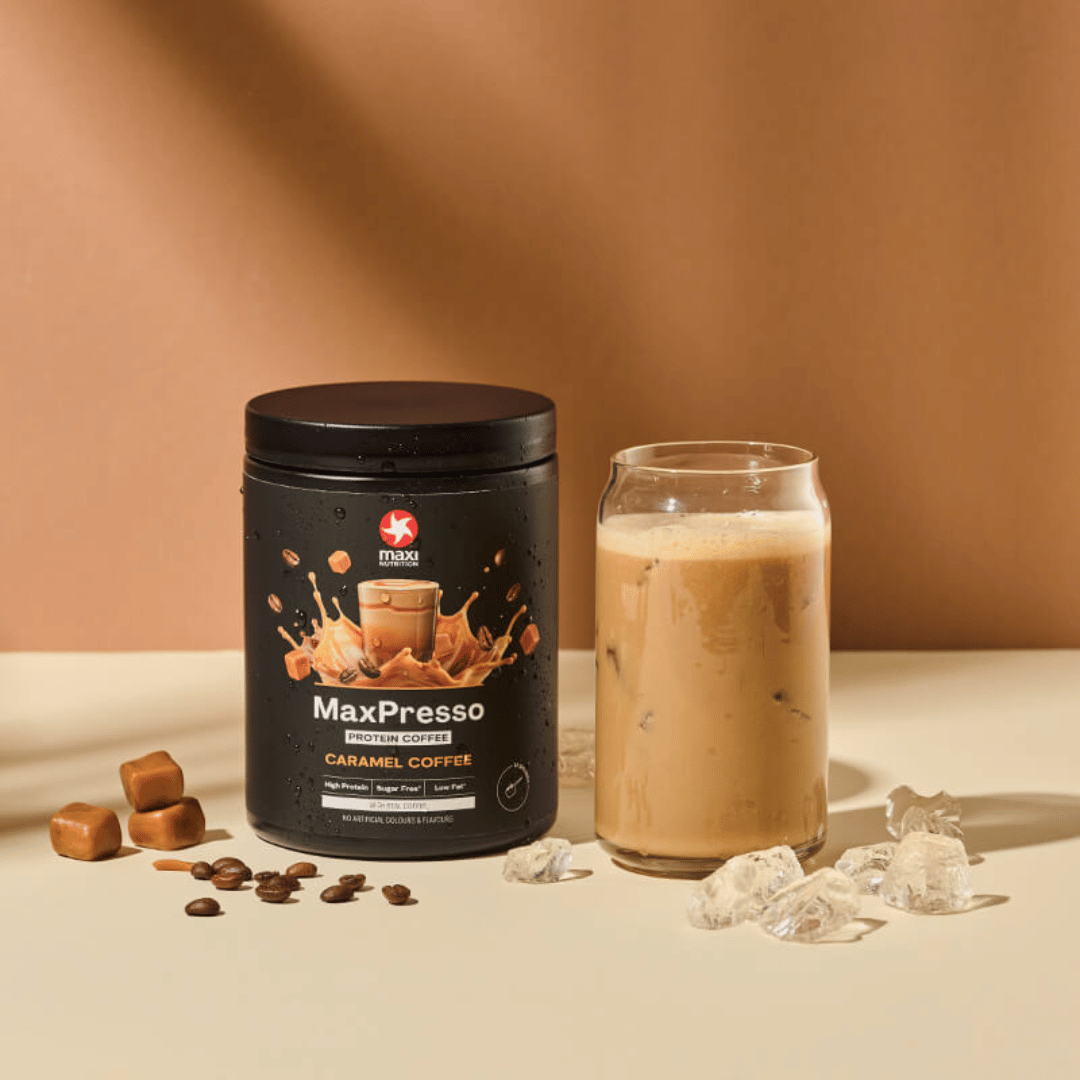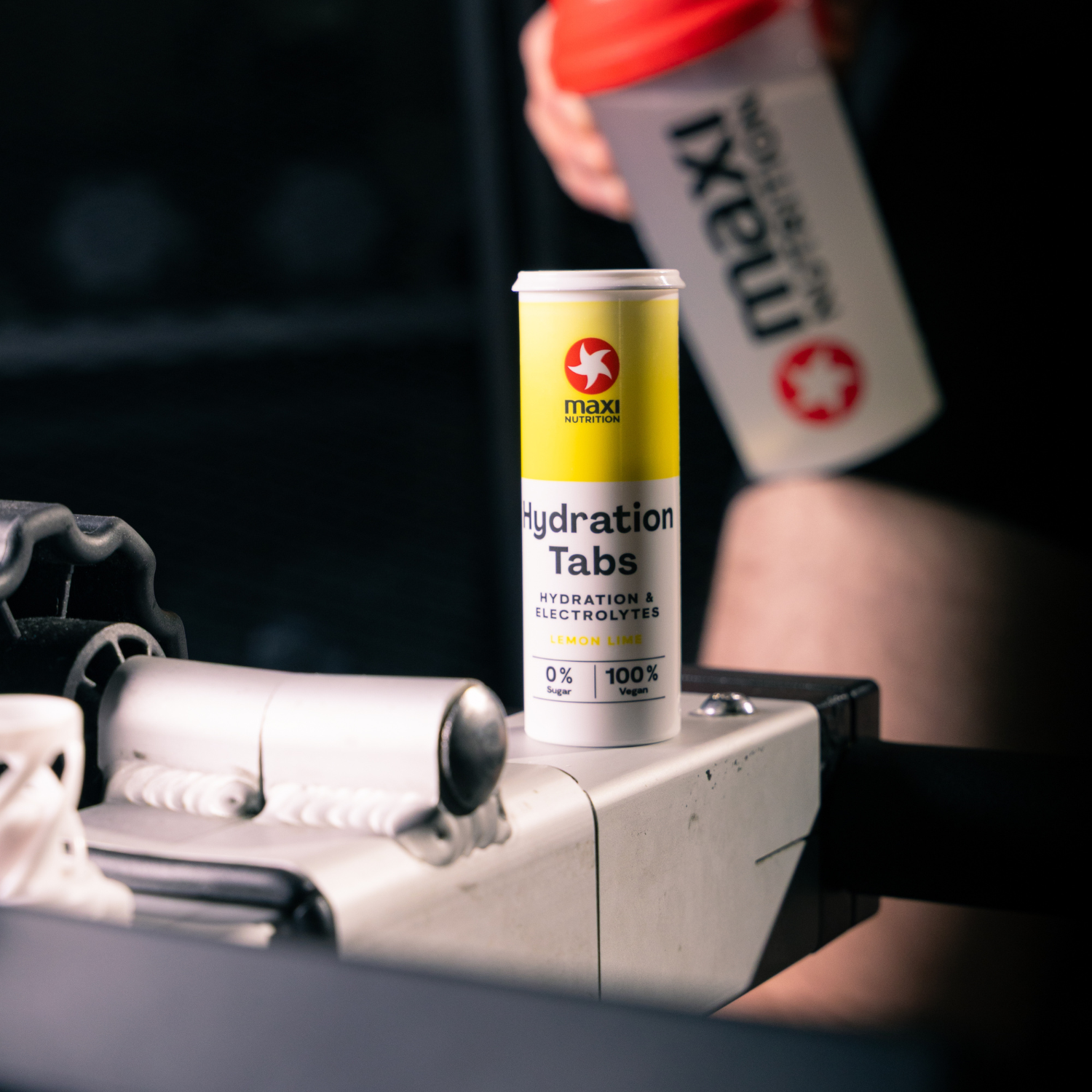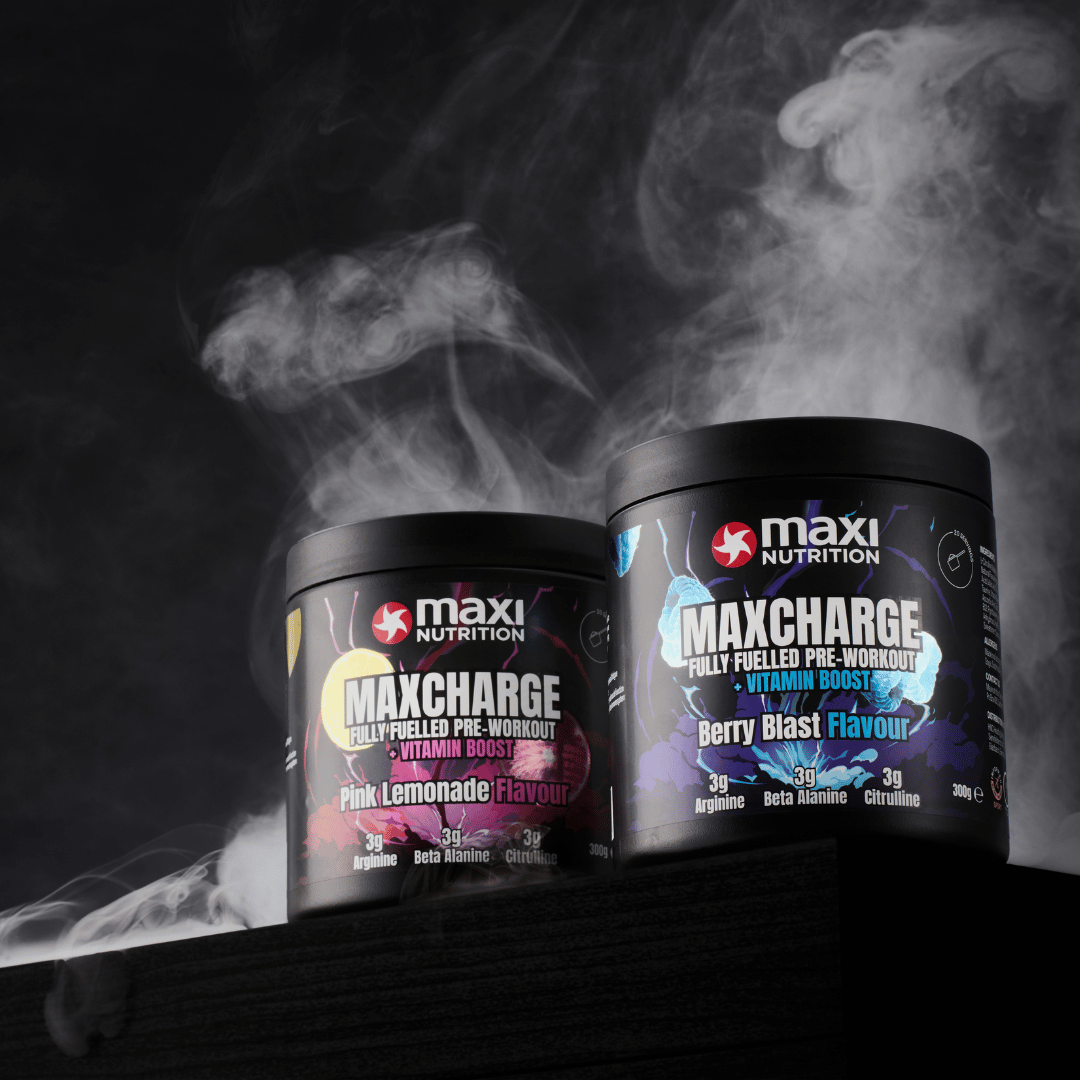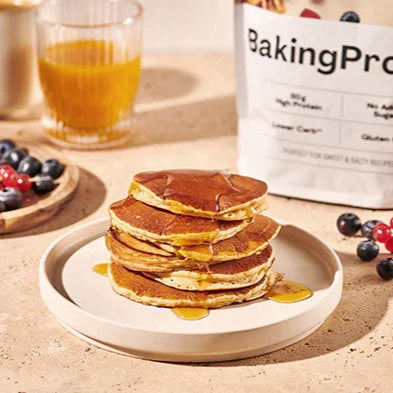Common pre-workout ingredients
Pre-Workout nutrition helps support your workout plan and goals. You should ensure that any pre-workout nutrition is comprised of the best nutrients. Make sure you are eating the right meals and drinking the correct fluids ahead of training though by checking off these common and recommended pre-workout ingredients:
Branched-chain amino acids
Often shortened to BCAAs, branched-chain amino acids are the culmination of the three essential amino acids isoleucine, leucine and valine. Once in the body, BCAAs skip the liver and gut and instead directly enter the bloodstream for use.. BCAAs are the building blocks of protein.
Caffeine
By stimulating the body’s central nervous system, caffeine will help raise alertness and focus.
Citrulline malate
Citrulline malate is a natural amino acid that is produced in the body in small amounts through the other amino acids that are consumed. However, boost the level of citrulline malate that the body receives through pre-workout meals and drinks.
Creatine
A non-essential amino acid that can be naturally produced in the body. Additional creatine helps to saturate your muscles creatine stores which deplete rapidly during exercise. 3g/d creatine has been shown to increase physical performance during short-term, high intensity exercise.
Electrolytes
Electrolytes — think magnesium, potassium and sodium — are especially beneficial if a workout lasts for a long time, as they will help replace the electrolytes which are lost when the body sweats.
Protein
Protein delivered to the body through pre-workout drinks and meals will help it to increase protein synthesis by delivering more amino acid building blocks. The result is increased muscle growth.
Taurine
An amino acid, taurine can be supplemented pre-workout.
Vitamin B12
Vitamin B12 is required by the body in order to achieve proper metabolism function, form red blood cells and maintain the nervous system. There are two types of vitamin B12 — cyanocobalamin and methylcobalamin.


